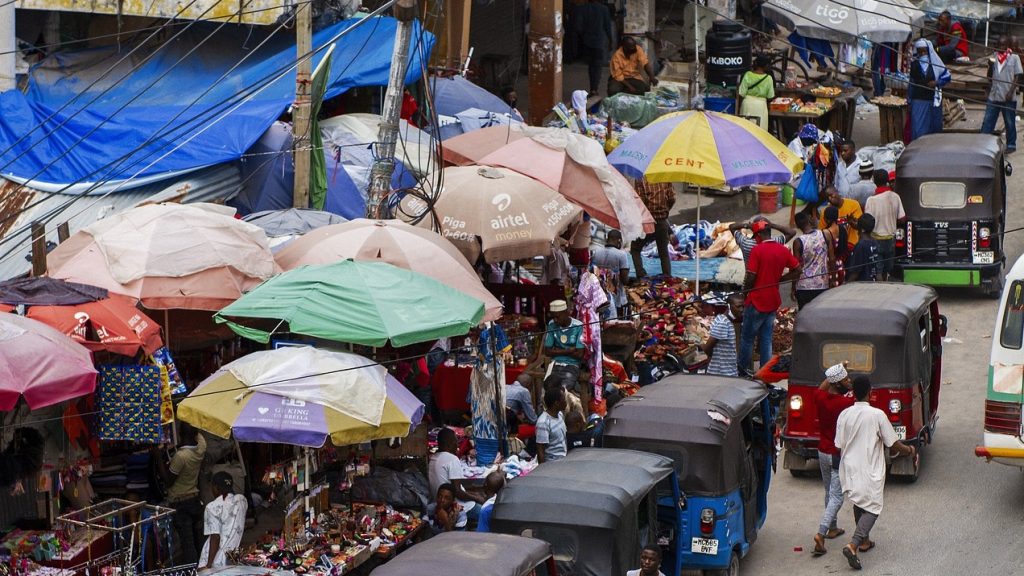We all have them. Those apps we open without thinking. Not because we need anything in particular, but because they feel… safe, in some…
Another report, another number, for VC investments in African startups [Opinion]

Those in Africa’ tech startup scene can be forgiven for being confused when asked how much venture capital (VC) goes to the continent’s startups.
Recently, a plethora of reports on the VC sector have each come up with different figures when it comes to the number of deals and total size of investments that go to African tech startups each year.
The latest figures are contained in new report released yesterday by the African Private Equity and Venture Capital Association (Avca).
The report, titled “Venture Capital in Africa: Mapping Africa’s Start-up Investment Landscape”, has it that there were 139 VC deals totalling $1.4-billion reported in Africa in 2019, up from 114 deals totalling $700-million in 2018.
Of late a plethora of reports have each put a different number to Africa’s VC investments in startups
These figures vastly contradict those of four other recent reports, which all provide different figures on the level of VC investments in Africa in 2019, namely:
- A report by Partech Africa released in January which found that VC investments in tech companies that serve the African market last year totalled over $2-billion in 250 deals, up from $1.1-billion and 164 deals in 2018. The numbers include tech firms of all sizes and ages that serve the African market (firms included in the report could be based outside Africa, as long as the continent was the firm’s primary market) (see this story).
- London-based research firm Briter Bridges in January released an investment summary, saying African tech companies raised $1.27-billion in funding across 167 disclosed deals in 2019.
- Tech publication WeeTracker said in a report that last year, African ventures raised a total of $1.34-billion in venture capital across 427 deals. It’s not immediately clear what methodology was used for the report.
- Tech publication Disrupt Africa’s “African Tech Startups Funding Report 2019“, puts the amount of funding African tech startups raised at a lower $491.6-million. It says the number involves 311 companies which netted investment from disclosed deals. It is not immediately clear what the publication defined as an African tech startup.
The question of what the real number is comes down to what each report chooses to measure and how one defines an African tech startup.
But Avca is vague on the methodology it employed in the report to define what an African tech startup is.
In its report it says only that VC is defined as “financing that investors provide to startup and early stage companies and includes seed and post- seed to late stage VC funding”.
However, it is not clear what exactly an African startup is, that is, how such a firm is defined in terms of its size and age (is a company that is 20 years old, also a startup?), where it is located or registered and whether it only counted software technology firms or whether other types of firms are also included.
Asking the right questions
Researchers need to be more clear on what they are measuring. To begin with they need to ask some serious questions, such as:
- Is a firm to be classed as an “African tech startup” if it is based outside the continent, but its primary market is Africa (as Partech does in its report)?
- In considering whether a company is a startup or not, does the firm’s age make any difference? In other words, can a 20-year-old firm still be considered a “startup”?
- How does one access what makes a company a technology startup, rather than an ordinary small business that is starting out? Does a “tech startup” necessarily have to be an innovative firm operating in the hardware and software segments?
- When collecting data, not all deals are announced. Does one then make allowances to include unannounced deals too? How does one go about gathering such data?
- What size deals should be considered as part of VC investments? For example, is a $100 000 seed deal too small to be classed in a VC report?
The Partech way
Taking a leaf out of French VC fund Partech’s approach may be very instructive.
For Partech Africa’s Tidjane Dème the first thing to get right when tracking the numbers was what they were measuring (see this story).
To get this right, there were two critical questions that Partech needed to answer – what is a startup and secondly, what is an African company.
Without being clear on these, researchers will fail in delivering accurate figures to the sector.
Getting more clarity on the numbers will help the sector to more accurately map and track investments in Africa’s tech startups.
Read more: How Partech Africa took on the headache of counting VC money in African startups
Read more: Tech firms serving Africa raised over $2bn in funding in 2019 reveals Partech report
Read more: African tech firms closed funding deals worth $1.27b in 2019 – Briter Bridges report [Updated]
Read more: Are these the 10 biggest deals by African tech startups in 2019?
Read more: Are these SA’s 11 biggest disclosed VC deals in 2019? [Updated]
Read more: So, let’s call it out – what then is an African startup?
Read more: ‘It’s un-African to not welcome anyone willing to start a business serving Africans’
Read more: ‘Not easy to classify whether a startup is African because of globalisation’
Read more: African tech startups raised over $1.2bn in funding in 2018 – Partech report
Read more: African funding figures – what’s the real number? [Opinion]
Read more: Weetracker African VC report raises questions on definition of tech startups
Read more: Tech startup site Disrupt Africa mum on how it collects data for $150 reports [Updated]
Read more: AfricArena predicts funding raised by African startups in 2018 will crack $1bn
Featured image: Starkvisuals via Pixabay

